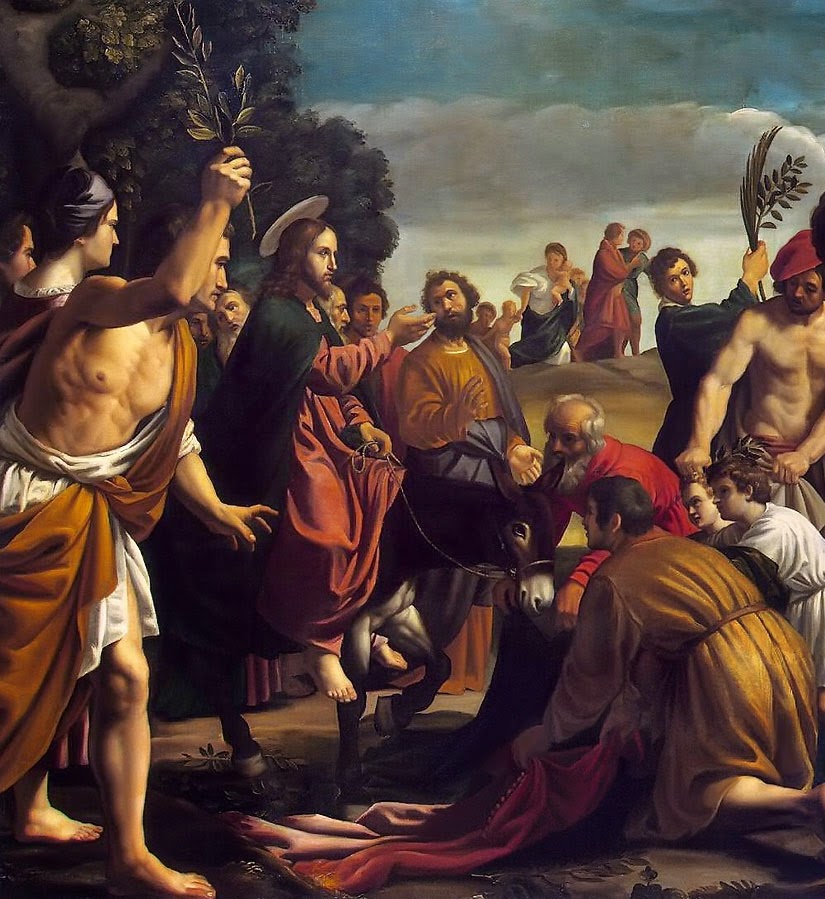The scripture readings for today's reflection can be found at http://usccb.org/bible/readings/032915.cfm
We all have moments we would rather forget. We may be separated by a painful divorce, but memories of that relationship linger, and too many things remind us what we had to endure when things were reaching the breaking point. Even more painful, we loose a very special person to death after a long illness, and it's still painful to recall what they went through in their struggle for life.
What are we doing, then, dwelling on memories of Christ's suffering and death? A whole week is devoted to the dredging up the past. The Romans, the Sanhedrin, the betrayal, the humiliation and insistent cries to "Crucify him!" are all laid before us again. Who wants to suffer these memories? Don't we celebrate birthdays, not labor pains? Isn't an empty cross better than staring at a man whose death sentence was so cruel?
What we remember in this annual ritual is not the cost of salvation. Holy Week is simply a price "paid for our redemption," but more about a historical moment endured by our God in Jesus Christ. The memories of Holy Week give witness that real love demanded a cost, a sacrifice: a death to self to live for something and Someone greater.
In the journey of Holy Week, Jesus asks of us to "remember" Him, to consider God's suffering and humiliation endured for us and to allow ourselves to feel compassion.
Even in Mark, considered as the naked man who runs away in the passion narrative (Mark 14:51-52) runs away from love's consequences. The disciples lived in denial that Jesus' loving union with the Father would cost them rejection.
The Church calls us to remember this week and to put God's actions on our behalf before the eyes of our minds and hearts. Hearts, softened by penance through Lent, are able to feel the hurts remaining in our world. We can face them unafraid. Isaiah provides the image of one whose "face was like flint," courageously moving forward "knowing that I will be put to shame." Knowing the cost of love will allow us to face it with the just-as-certain knowledge that it is worth the journey and the only path leading to the new life promised in Easter.


